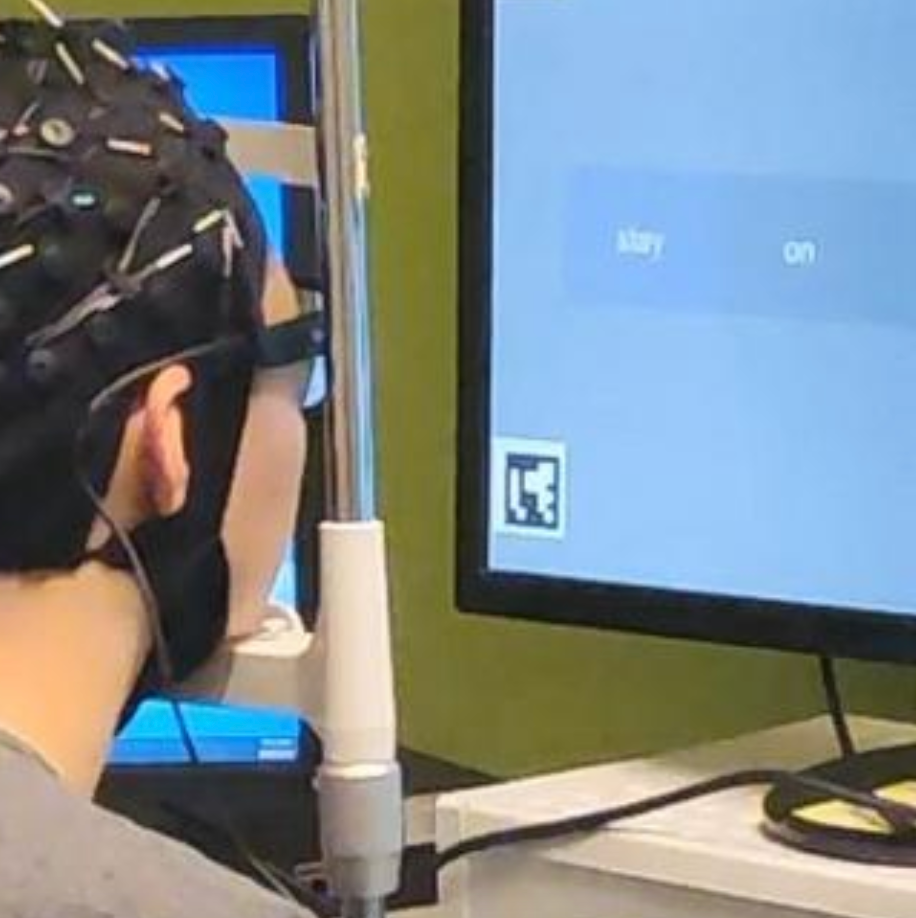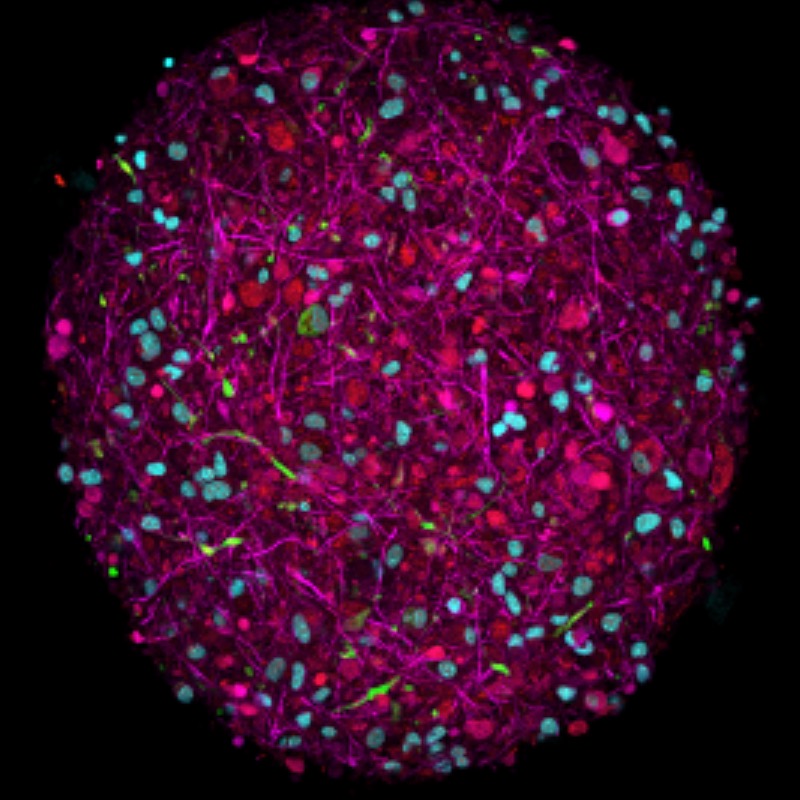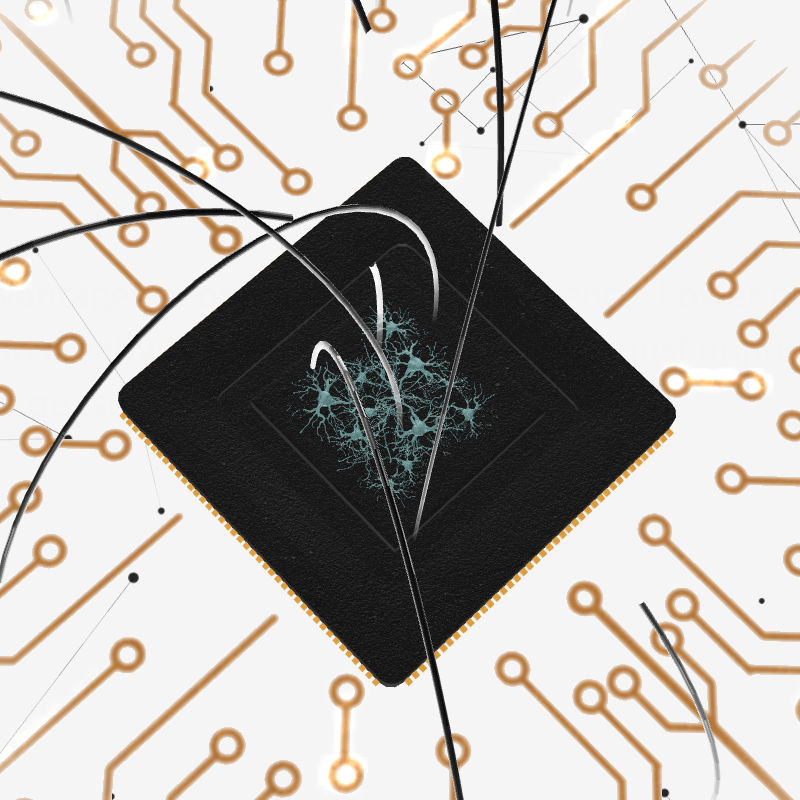Does a brain in a dish have moral rights?
Sep. 22, 2023.
3 min. read
Interactions
DishBrain's remarkable potentials include understanding diseases, drug screening, and high-level bioenergy efficiency, but ethical issues need to be explored
Inventors of DishBrain—a collection of 800,000 living brain cells in a dish that learned to play Pong—are exploring ethical applications of biocomputing with an international team of ethicists and medical researchers.
In a paper published in Biotechnology Advances, the research team maps such a framework.
“Combining biological neural systems with silicon substrates to produce intelligence-like behavior has significant promise, but we need to proceed with the bigger picture in mind to ensure sustainable progress,” says lead author Dr. Brett Kagan, Chief Scientific Officer of biotech start-up Cortical Lab.
“We haven’t adequately addressed the moral issues of what is even considered ‘conscious’ in the context of today’s technology,” says Dr. Julian Savulescu, author and Uehiro Chair in Practical Ethics at the University of Oxford. “There are still many ways of describing consciousness or intelligence, each raising different implications for how we think about biologically based intelligent systems.”
But can they suffer?
The paper cites early English philosopher Jeremy Bentham, who argued that “the question is not, ‘can they reason?’ Or ‘can they talk?’ but, ‘can they suffer?’”
“From that perspective, even if new biologically based computers show human-like intelligence, it does not necessarily follow that they have moral status,” says co-author Dr. Tamra Lysaght, Director of Research at the Centre for Biomedical Ethics, National University of Singapore.
“Our paper doesn’t attempt to definitively answer the full suite of moral questions posed by bio-computers, but it provides a starting framework to ensure that the technology can continue to be researched and applied responsibly,” says Lysaght.
Understanding diseases
The paper further highlights the ethical challenges and opportunities offered by DishBrain’s potential to greatly accelerate our understanding of diseases such as epilepsy and dementia.
“Current cell lines used in medical research predominately have European-type genetic ancestry, potentially making it harder to identify genetic-linked side effects,” says co-author Dr. Christopher Gyngell, Research Fellow in biomedical ethics from the Murdoch Children’s Research Institute and The University of Melbourne.
“In future models of drug screening, we have the chance to make them more sufficiently representative of real-world patients by using more diverse cell lines, and that means potentially faster and better drug development.”
The researchers point out that it is worth working through these moral issues, as the potential impact of bio-computing is significant.
Bioenergy’s high-level energy efficiency
“Silicon-based computing is massively energy-hungry, with a supercomputer consuming millions of watts of energy. By contrast, the human brain uses as little as 20 watts of energy—biological intelligences will show similar energy efficiency,” says Kagan.
“As it stands, the IT industry is a massive contributor to carbon emissions. If even a relatively small number of processing tasks could be done with biocomputers, there is a compelling environmental reason to explore these alternatives.”
Citation: Kagan, B. J., Gyngell, C., Lysaght, T., Cole, V. M., Sawai, T., & Savulescu, J. (2023). The technology, opportunities, and challenges of Synthetic Biological Intelligence. Biotechnology Advances, 68, 108233. https://doi.org/10.1016/j.biotechadv.2023.108233.






Let us know your thoughts! Sign up for a Mindplex account now, join our Telegram, or follow us on Twitter.

.png)

.png)


.png)





0 Comments
0 thoughts on “Does a brain in a dish have moral rights?”